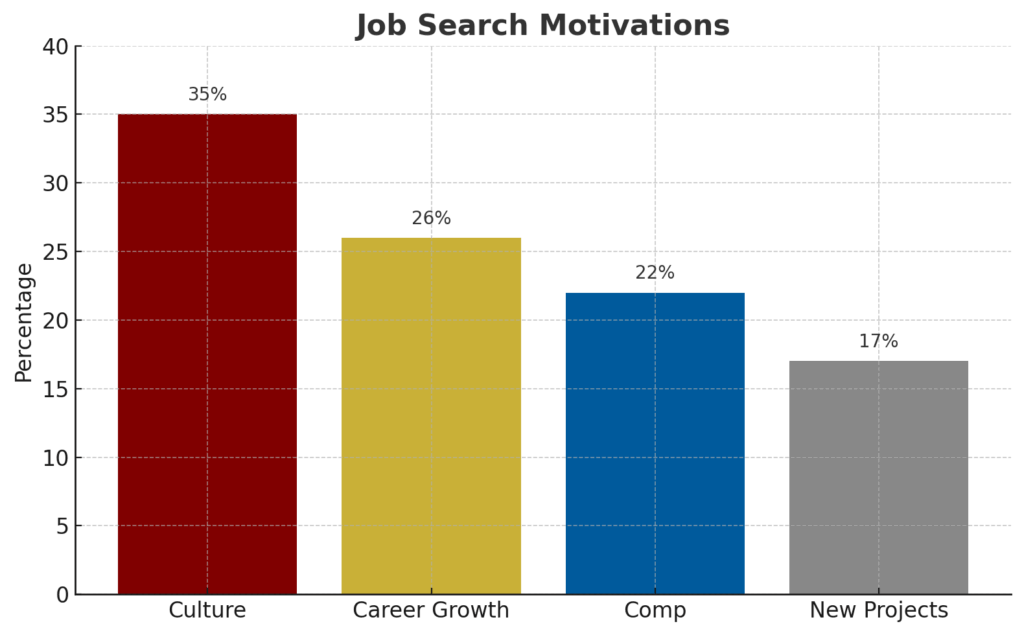Minnesota’s light industrial workforce is the backbone of many industries across the Twin Cities. From warehouse associates to assembly line operators, forklift drivers to packaging specialists, these roles keep local businesses moving. But in today’s tight labor market, keeping your best people on the job isn’t easy.
At Midwest Staffing Group, we’ve been helping Minneapolis–Saint Paul employers connect with dependable talent since 1990. We see first-hand why light industrial employees stay—and why they move on. Understanding these motivators can make the difference between a stable workforce and constant turnover.
Why Employees Leave
- Lack of growth opportunities
Many warehouse and production workers want more than a paycheck—they’re looking for advancement. Without chances to learn new skills or step into lead roles, employees often seek opportunities elsewhere. - Feeling undervalued
When employees don’t feel recognized for the hard, physical work they put in, morale slips. Something as simple as acknowledging an employee’s reliability or attendance can prevent disengagement. - Poor communication from leadership
In fast-paced production environments, unclear instructions or inconsistent feedback can create frustration. Workers want to know what’s expected, how they’re performing, and where they fit into the bigger picture.

What Keeps Light Industrial Talent Engaged
- Clear expectations and trust
Employees thrive when supervisors communicate openly and consistently. When goals are clear, trust and motivation rise. - Opportunities to learn new skills
Cross-training, equipment certifications, and pathways to supervisory roles give employees a reason to stay. - Recognition that matters
Highlighting strong attendance, safety performance, or productivity makes workers feel valued. - Purpose and stability
Light industrial employees stay loyal when they see how their daily work keeps operations moving and supports Minnesota businesses.
How Employers Can Strengthen Retention
- Offer advancement paths – Promote from within and highlight career growth opportunities.
- Recognize contributions – Celebrate milestones like attendance, safety records, and productivity.
- Communicate daily – Short huddles or pre-shift meetings build clarity and alignment.
- Provide flexibility – Balance seasonal and peak demands with temporary-to-hire options.
The Midwest Staffing Advantage
With deep local roots, Midwest Staffing has supported Minnesota employers for more than 30 years. We specialize in light industrial roles—warehouse, production, assembly, and more—delivering workforce solutions that go beyond filling shifts.
Our team focuses on long-term matches, ensuring employees feel supported while employers see higher retention. From compliance and payroll to risk management and onboarding, we take care of the details so businesses can focus on running smoothly.
Final Thoughts
Light industrial workers are the heartbeat of Minnesota’s economy. Retaining them requires more than hiring quickly—it’s about building a workplace where employees feel valued, supported, and able to grow.
If you’re ready to reduce turnover and strengthen your workforce, Midwest Staffing is here to help.










